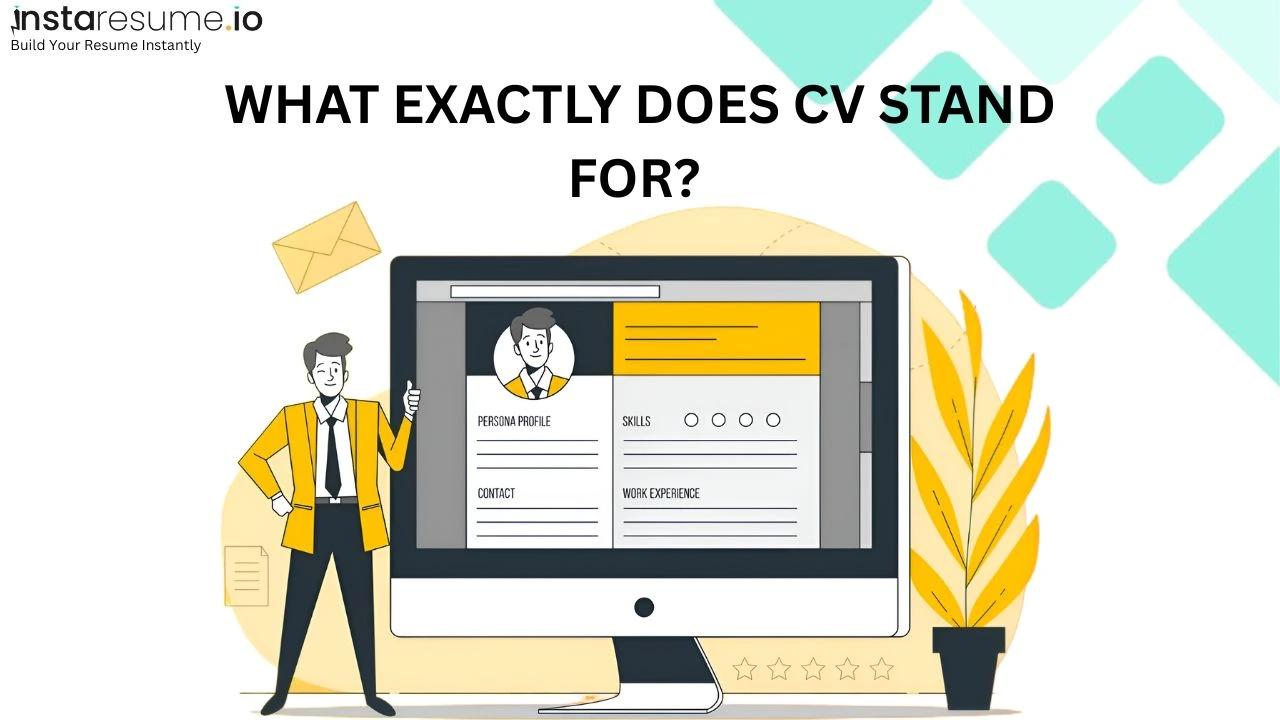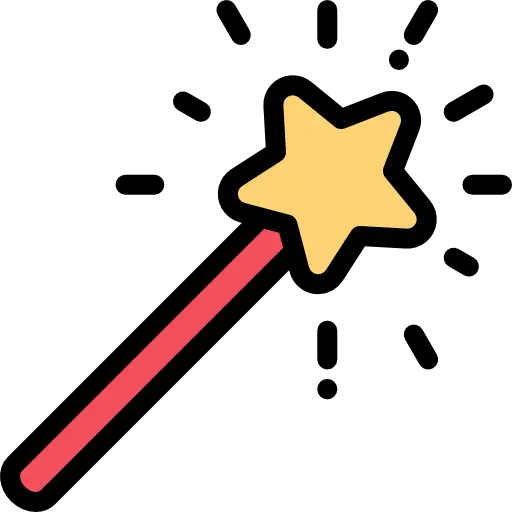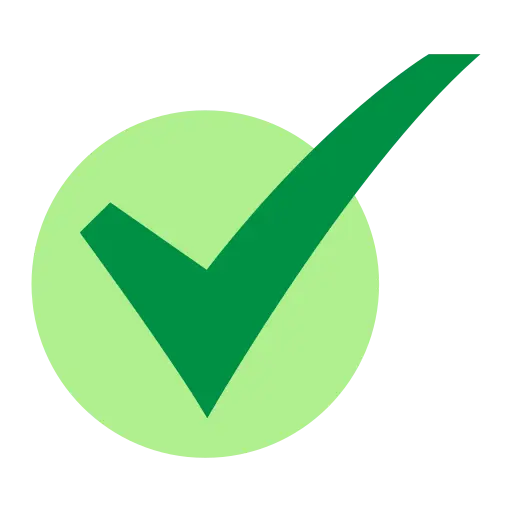What is a Curriculum Vitae: Template and example
Trust Score: 4.7
358 reviews

Table of Contents
Understanding the basics of a CV
When applying for a job, one of the most important documents you need is a CV. But what cv is, and why is it essential in the hiring process? A CV, short for Curriculum Vitae, is a detailed document that outlines your professional background, education, skills, and achievements. Unlike a resume, which is often a brief summary, a CV provides an in-depth look at your career journey.
Employers use CVs to assess candidates' qualifications and determine if they are a good fit for a position. Whether you are a fresh graduate or an experienced professional, knowing what a CV is and how to structure it effectively can significantly impact your job search success.
What is a CV
A CV, or Curriculum Vitae, is a comprehensive document that highlights your professional journey, including education, work experience, skills, and achievements. It serves as a detailed representation of your qualifications and is commonly used for job applications, academic roles, and research positions.
Unlike a resume, which is typically one to two pages long, a CV can be more extensive, especially if you have a long professional history or academic background. Knowing what a CV is and how to structure it effectively can improve your chances of standing out in a competitive job market.
How to write a CV
Creating a well-structured CV is essential to make a strong impression on employers. Whether you're applying for a job, an academic position, or a research opportunity, following the right format ensures your CV is clear, professional, and impactful.
Here’s a step-by-step guide on how to write a CV:
1. Choose the Right CV Format
Depending on your experience and industry, you can use different CV formats:
Chronological CV – Ideal for professionals with a solid work history.
Functional CV – Focuses on skills rather than work experience.
Combination CV – A mix of chronological and functional formats.
2. Add Your Contact Information
Ensure your CV includes:
Full Name
Phone Number
Professional Email Address
LinkedIn Profile (if applicable)
Portfolio or Personal Website (if relevant)
3. Write a Strong CV Summary or Objective
CV Summary – Best for experienced professionals, summarizing key achievements.
CV Objective – Ideal for freshers, focusing on career goals and aspirations.
4. List Your Work Experience (if applicable)
Include:
Job Title
Company Name
Employment Dates
Key Responsibilities & Achievements
5. Highlight Your Educational Background
Mention:
Degree Name
University/Institution
Year of Completion
6. Showcase Relevant Skills
Include both hard skills (technical abilities) and soft skills (communication, teamwork, leadership).
7. Add Certifications, Awards, or Publications (if applicable)
These can help set you apart from other candidates.
8. Include Optional Sections
Depending on the job, you might also add:
Languages Spoken
Volunteer Work
Hobbies & Interests
CV template
[Your Name]
[Your Phone Number] | [Your Email Address] | [LinkedIn Profile] | [Portfolio/Website]
Professional Summary
A brief 2-3 sentence summary highlighting your key skills, experience, and career goals.
Work Experience (if applicable)
Job Title – [Company Name]
[Start Date] – [End Date]
- Key responsibility or achievement
- Key responsibility or achievement
- Key responsibility or achievement
Job Title – [Company Name]
[Start Date] – [End Date]
- Key responsibility or achievement
- Key responsibility or achievement
Education
Degree Name – [University/Institution]
[Year of Completion]
Skills
- Skill 1
- Skill 2
- Skill 3
Certifications & Awards (if applicable)
- Certification Name – [Issuing Organization] – [Year]
- Award Name – [Year]
Additional Sections (Optional)
- Languages: Mention any additional languages you speak.
- Volunteer Work: Highlight relevant volunteer experience.
- Hobbies & Interests: Add only if relevant to the job.
CV example
1. CV Example for Freshers (Entry-Level Candidates)
John Doe
New York, USA | [email protected] | +1 234 567 8901 | [LinkedIn Profile]
Professional Summary
Recent graduate with a Bachelor’s degree in Computer Science, passionate about web development and software engineering. Skilled in Java, Python, and front-end development. Seeking an entry-level software development role to apply technical expertise and problem-solving skills.
Education
B.Sc. in Computer Science – XYZ University, 2024
Skills
- Programming: Python, Java, JavaScript
- Web Development: HTML, CSS, React
- Problem-Solving & Analytical Thinking
Internship Experience
Software Development Intern – ABC Tech, 2023
- Assisted in front-end web development using React and CSS
- Developed and tested new website features
Certifications
- Google IT Support Professional Certificate
CV Example for Experienced Professionals (Mid-Level & Senior Candidates)
Jane Smith
London, UK | [email protected] | +44 123 4567 890 | [LinkedIn Profile]
Professional Summary
Results-driven Marketing Manager with 7+ years of experience in digital marketing, SEO, and brand strategy. Proven ability to drive engagement and increase conversion rates through data-driven marketing campaigns.
Work Experience
Marketing Manager – XYZ Digital Agency | 2020 – Present
- Led SEO and content marketing strategies, increasing website traffic by 40%
- Managed social media campaigns, boosting engagement by 30%
Digital Marketing Specialist – ABC Corp | 2017 – 2020
- Developed email marketing campaigns with a 20% increase in open rates
- Conducted market research to optimize digital ad spend
Education
MBA in Marketing – ABC University, 2015
Skills
- SEO & Content Marketing
- Google Ads & Social Media Advertising
- Data Analytics & Campaign Optimization
Frequently Asked Questions (FAQs)
What is a CV and why is it important?
A Curriculum Vitae (CV) is a detailed document that highlights your education, professional experience, skills, and achievements. Unlike a simple resume, a CV provides a comprehensive overview of your qualifications. It is important because recruiters and employers—especially in academic and research fields—use it to assess whether you’re the right fit for a role. Many professionals also invest in CV writing services or use professional curriculum vitae formats to ensure their applications stand out.
What is the difference between a CV and a resume?
The key difference between a Curriculum Vitae (CV) and a resume lies in their length, detail, and purpose. A CV is typically longer and used for academic positions, research roles, and international job applications. It includes education history, publications, and certifications in depth. A resume, on the other hand, is a concise one-to-two-page document focusing mainly on work experience and core skills. Job seekers often turn to professional CV writing services or resume writing consultation services to decide which format best suits their career goals.
Check out our blog on CV versus Resume
3. How long should a CV be?
A CV length depends on experience:
 Freshers/Entry-Level: 1-2 pages
Freshers/Entry-Level: 1-2 pages Mid-Level Professionals: 2-3 pages
Mid-Level Professionals: 2-3 pages Academics/Researchers: Can be longer (3+ pages)
Academics/Researchers: Can be longer (3+ pages)
Check out our blog for more information on how long should a cover letter be?
4. What should be included in a CV?
A well-structured CV format should include:
 Contact details
Contact details Professional summary
Professional summary Work experience
Work experience Education
Education Skills
Skills Certifications & achievements
Certifications & achievements Additional sections (volunteer work, languages, publications)
Additional sections (volunteer work, languages, publications)
5. How do I write a professional CV with no experience?
If you have no work experience, focus on:
 Education and coursework
Education and coursework Internships or projects
Internships or projects Skills relevant to the job
Skills relevant to the job Volunteering or extracurricular activities
Volunteering or extracurricular activities
Check out our blog on AI Solutions to Overcome 5 Common Cover Letter Writing Mistakes for any further information.
6. Should I customize my CV for each job application?
Yes, tailoring your CV to match the job description improves your chances of getting hired. Highlight relevant skills, keywords, and experience that align with the specific role.
7. What is the best CV format for 2025?
The most effective CV formats in 2025 are:
 Chronological CV (best for experienced professionals)
Chronological CV (best for experienced professionals) Functional CV (ideal for career changers or freshers)
Functional CV (ideal for career changers or freshers) Combination CV (mix of skills and experience)
Combination CV (mix of skills and experience)
8. How do I make my CV stand out?
To make your Curriculum Vitae stand out:
 Use clear formatting and bullet points
Use clear formatting and bullet points Include quantifiable achievements
Include quantifiable achievements Optimize with keywords for ATS (Applicant Tracking Systems)
Optimize with keywords for ATS (Applicant Tracking Systems) Add a professional summary with key skills
Add a professional summary with key skills
9. Can I use the same CV for jobs in different industries?
While the structure remains the same, you should modify your CV template to highlight industry-specific skills and experience relevant to each job application.
10. Where can I find professional CV templates?
You can find free CV templates tailored for various industries and experience levels on our Cover letter builder
Want to learn more about crafting the perfect CV? Explore our guide on Tips to write a cover letter
How to write a cover letter [Full Guide & Examples for 2024]
Conclusion
Conclusion
A well-crafted Curriculum Vitae (CV) can be the key to unlocking new career opportunities. Whether you’re just starting out or looking to advance, tailoring your CV to highlight your strengths makes all the difference. If you’re ready to create a standout CV, explore our Cover letter builder and check out our blogs on cover letter writing tips and examples too whose links are given above in the FAQs section and build Cover letter that gets noticed.
And while you're at it, checking out other trusted resources can also help refine your application. Platforms like Novoresume offer valuable insights on crafting compelling cover letters that complement your CV. A great resume paired with a strong cover letter. That’s a winning combination.






